The Vice-Chancellor of Babcock University, Prof. Ademola Tayo, has called for increased collaboration between the public and private sectors to combat the escalating impacts of climate change, urging stakeholders to mobilise both financial and intellectual resources to mitigate its threats.
Speaking at the university’s 2nd Annual Finance Symposium organised by the Department of Finance, Prof. Tayo underscored the urgent need for strategic partnerships in climate finance. The event, themed “Public-Private Partnerships in Climate Finance: The Role of Governments and Impact Investors”, brought together policymakers, scholars, investors, and environmental advocates to explore sustainable financing models in the face of climate-induced challenges.
“The world is facing an unprecedented climate emergency,” Prof. Tayo said. “From rising floods and droughts to extreme temperatures and food insecurity, the stakes have never been higher. The time to act is now.”
Citing a World Bank report, he warned that Nigeria could face a 25% decline in agricultural productivity by 2050 due to climate change—worsening food scarcity and poverty levels. He further referenced United Nations data, highlighting a $300 billion annual funding requirement for developing countries to meet climate-related goals.
According to him, impact investing—investments intended to deliver measurable social and environmental outcomes alongside financial returns—is key to closing the climate financing gap. “In Nigeria, impact investing has grown by 22% between 2018 and 2020, reaching $1.3 billion,” he noted, referencing the Nigerian Impact Investing Network.
Prof. Tayo stressed that while governments must provide enabling environments through policies, incentives, and guarantees, impact investors can bring in essential funding and innovation to drive climate resilience.
Delivering the keynote, Lagos State Commissioner for Environment, Mr. Tokunbo Wahab—represented by Dr. Babatunde Ajayi of the Lagos State Environmental Protection Agency—affirmed that climate change effects are already displacing communities. He cited the loss of six coastal communities in Lagos due to erosion within the last two years.
Wahab highlighted the state’s climate financing interventions, including investments in solar energy, conversion of BRT buses to compressed natural gas (CNG) and electric models, and the Olusosun waste-to-energy project. He affirmed the importance of public-private partnerships in sustaining such efforts, stating: “To drive change at scale, government must either lead or be partnered with.”
Earlier, the Dean of the School of Management Sciences, Prof. Samuel Dada, explained that the symposium was designed to bridge academia and industry, creating a platform for practical solutions to real-world issues.
The symposium concluded with a strong consensus: financing climate action is not just a government responsibility—it requires a collective effort from all sectors of society.






















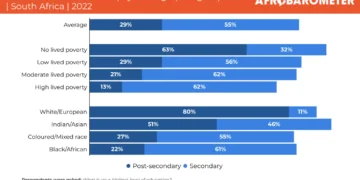

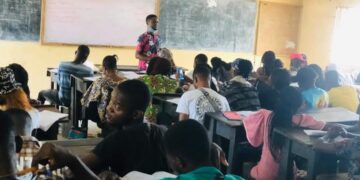


































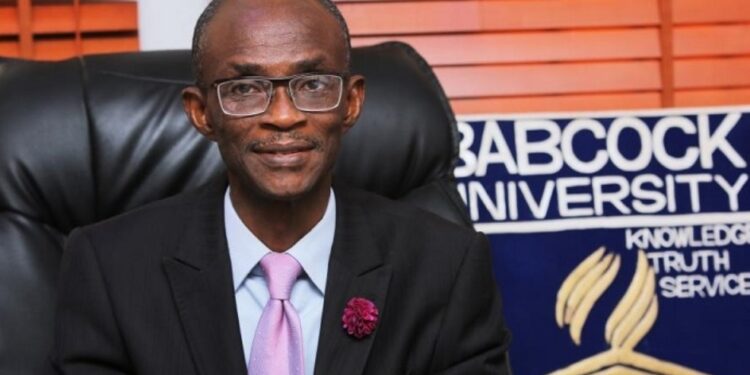



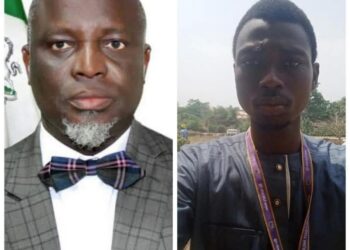


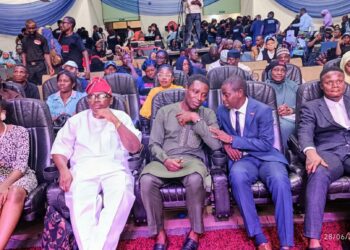

 EduTimes Africa, a product of Education Times Africa, is a magazine publication that aims to lend its support to close the yawning gap in Africa's educational development.
EduTimes Africa, a product of Education Times Africa, is a magazine publication that aims to lend its support to close the yawning gap in Africa's educational development.

